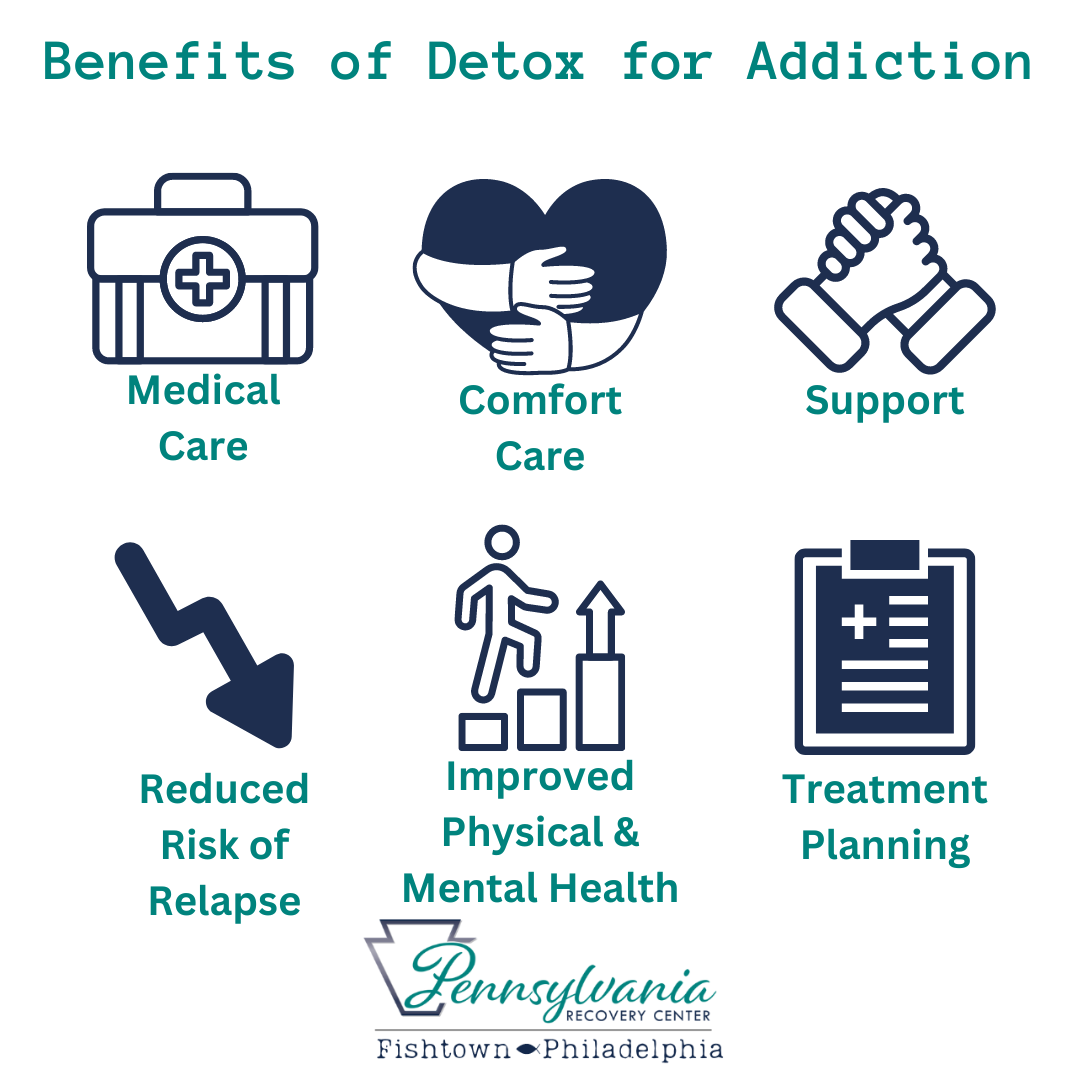
A Comprehensive Guide to Detox Programs in Pennsylvania
Drug addiction is a serious problem that affects many people in Pennsylvania. According to the National Institute on Drug Abuse, Pennsylvania has one of the highest drug overdose death rates in the country, with opioids being the primary cause of these deaths. Furthermore, the rise of synthetic opioids, like fentanyl, and the use of drugs like tranquilizer xylazine have only compounded the problem.
This is why detox programs are essential in the fight against drug addiction. In this comprehensive guide, we will explore everything you need to know about detox programs in Pennsylvania.
The Prevalence of Drug Addiction in Pennsylvania
Drug addiction is a growing problem in Pennsylvania. Shockingly, 4,000 people died from drug overdoses in Pennsylvania in 2020 alone, with opioids causing 3 out of 4 overdose deaths. This is a staggering increase from previous years. The prevalence of fentanyl, a powerful synthetic opioid, has also grown in recent years. In 2020, fentanyl was involved in 93% of all opioid overdose deaths in Pennsylvania.
Tranquilizer xylazine has also become an increasingly prevalent drug in Pennsylvania. The drug, which is used as a horse tranquilizer, has been found mixed with heroin and other drugs, leading to a spike in overdoses. In Philadelphia, xylazine was found in 78% of drug overdose deaths in 2020.
The Importance of Detox Programs
Detox programs are crucial in the fight against drug addiction. These programs provide a safe and controlled environment for individuals to undergo withdrawal from drugs and alcohol. Withdrawal from drugs and alcohol can be a difficult and potentially dangerous process, making detox programs necessary to ensure the safety and comfort of individuals going through withdrawal.
Success Rates for Detox Programs
Success rates for detox programs vary depending on the individual and the program. However, completing detox is an important first step towards addiction recovery. Detox programs provide a safe and supportive environment for individuals to undergo withdrawal and start their journey to recovery. Individuals who complete detox are more likely to stay sober and achieve long-term recovery.
Detox Protocols
Detox protocols vary depending on the substance that an individual is detoxing from. Here are some common detox protocols for alcohol, opiates, benzos, meth, and marijuana:
- Alcohol: In alcohol detox, medical professionals may prescribe medications to help manage withdrawal symptoms. Detox from alcohol can be dangerous and should be done in a medically supervised setting.
- Opiates: Medication-assisted treatment (MAT) is often used in opiate detox. MAT involves the use of medications like methadone or buprenorphine to manage withdrawal symptoms and reduce cravings.
- Benzos: In benzo detox, medical professionals may slowly taper the individual off the drug to reduce the risk of seizures and other withdrawal symptoms.
- Meth: There are no FDA-approved medications for meth detox. However, medical professionals may prescribe medications to manage withdrawal symptoms and provide emotional support during the process.
- Marijuana: Detox from marijuana is typically not life-threatening, but it can be uncomfortable. Medical professionals may provide support and medications to help manage withdrawal symptoms.
Get Help For Your Addiction With Detox
Detox programs are essential in the fight against drug addiction in Pennsylvania. With the prevalence of opioids, like fentanyl, and the use of drugs like tranquilizer xylazine, detox programs are needed more than ever. While success rates for detox programs vary, completing detox is an important first step towards addiction recovery. If you or a loved one is struggling with addiction in Pennsylvania, seek help from a reputable detox program. Remember, recovery is possible. Don't hesitate to reach out to us here at Pennsylvania Recovery Center 610-233-4342.
Sources:
- National Institute on Drug Abuse. (2021, April 29). Pennsylvania: Opioid-Involved Deaths and Related Harms.


